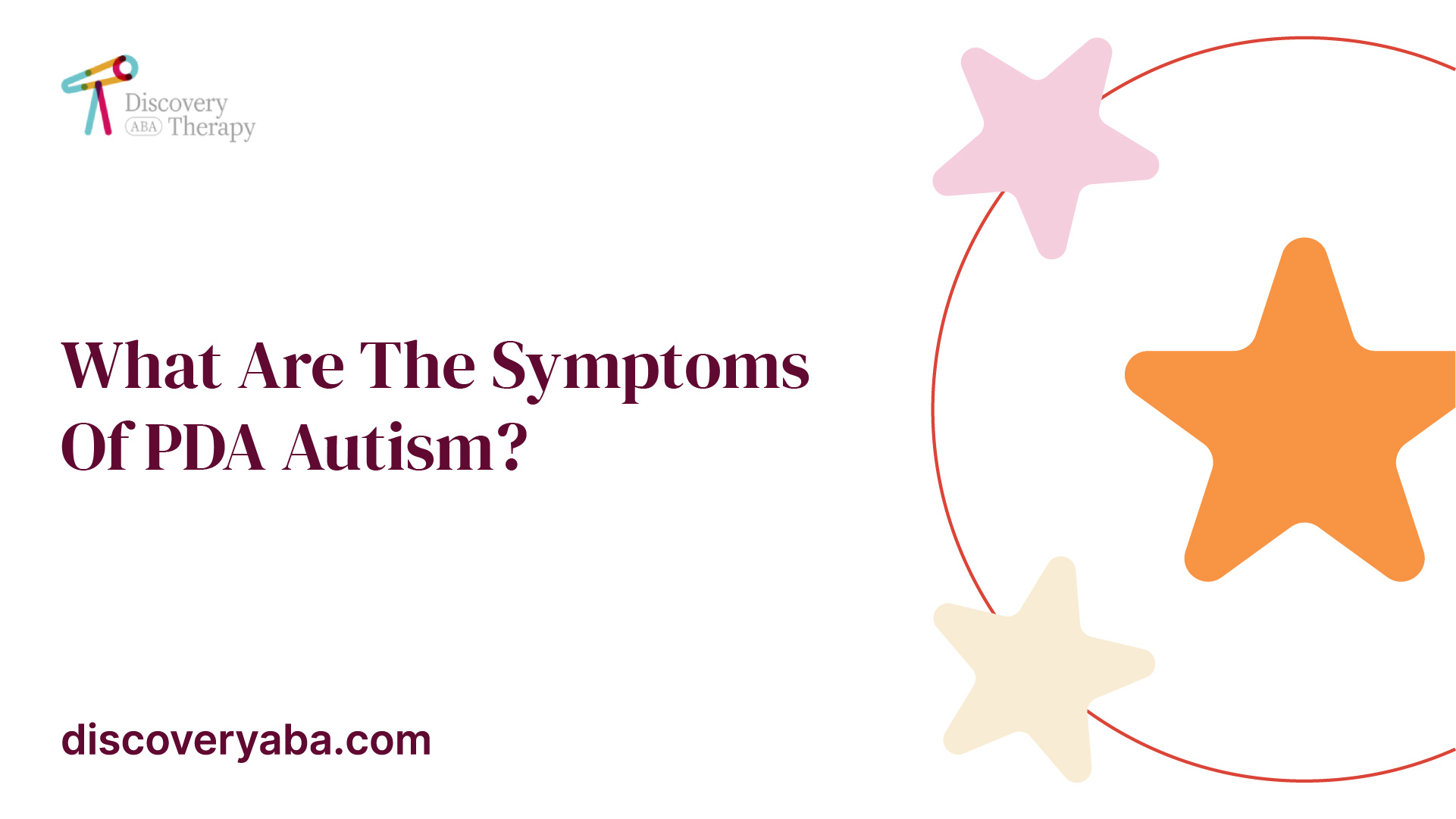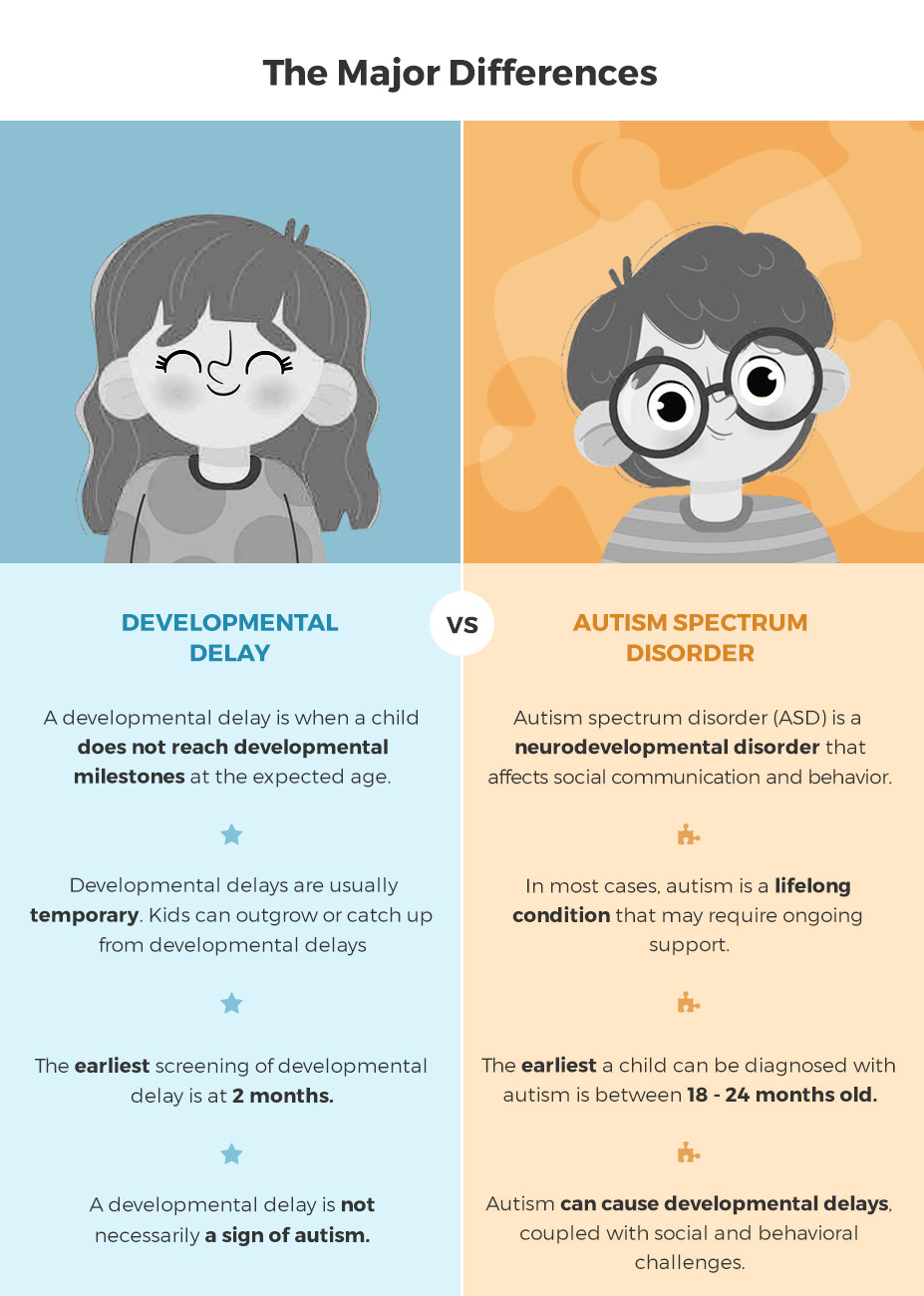Is it time to explore help from an Aba Therapist Near Me
Is it time to explore help from an Aba Therapist Near Me
Blog Article
Recognizing the Influence of Behavioral Autism on Day-to-day Live and Social Interactions
You might not realize how deeply behavioral autism influences daily life and social communications. People on the spectrum frequently navigate a world loaded with communication obstacles and sensory overload. These difficulties can lead to disappointment and isolation, influencing their relationships and total well-being.
Specifying Behavior Autism and Its Qualities
Behavioral autism, often referred to as autism range condition (ASD), encompasses a series of conditions identified by challenges in social communication, communication, and repeated behaviors. You might see that people with ASD commonly have a hard time to translate social hints, which can bring about misunderstandings in discussions. They might find it difficult to develop eye call or engage in little talk, making social situations really feel frustrating.
Interaction problems can show up in different ways, from postponed speech advancement to a preference for utilizing less words. Repeated behaviors, such as hand-flapping or shaking, can function as coping devices to manage stress and anxiety or sensory overload. These qualities can profoundly impact day-to-day live, making it essential for you to comprehend and support those with ASD. By identifying these traits, you can foster an atmosphere that advertises acceptance and encourages efficient interaction, assisting people with autism prosper in their everyday communications.
The Spectrum of Autism: Understanding Variability in Actions
Autism range problem (ASD) isn't a one-size-fits-all diagnosis; it varies extensively amongst people. You might see that some individuals with ASD display light symptoms, while others might deal with a lot more significant challenges. This irregularity can materialize in habits, interests, and sensory sensitivities. You may run into individuals who are very spoken and involve quickly in conversations, while others could like solitary activities or connect non-verbally.
Moreover, the means individuals with ASD react to sensory input can differ significantly; some may be bewildered by intense lights or loud noises, whereas others grow in boosting atmospheres. The range additionally includes differences in social communications; some people may have a hard time to translate social hints, while others navigate social setups with family member ease. Understanding this irregularity is essential, as it helps you value each person's distinct experience and tailor support to their particular demands, fostering a more comprehensive atmosphere for every person.
Interaction Difficulties Encountered by People With Autism
When you engage with individuals on the autism spectrum, you may observe their distinct communication challenges. They commonly deal with problems with both verbal and nonverbal cues, which can affect their social communications. Understanding these obstacles is important for promoting far better links and support.

Verbal Communication Problems
Several people on the autism range experience spoken communication problems that can significantly impact their day-to-day interactions. Your tone, pace, or quantity may not line up with social expectations, causing others to misinterpret your intentions. Acknowledging these challenges can assist you and your assistance network create methods to improve interaction and foster much better connections with others in your everyday life.
Nonverbal Communication Obstacles
Spoken interaction isn't the only difficulty individuals on the autism spectrum face; nonverbal communication barriers can be just as significant. These challenges can lead to misunderstandings or misinterpretations of social cues, making interactions feel complicated or frustrating. By resolving nonverbal communication, you can discover strategies to boost your social experiences and enhance your overall top quality of life.
Social Communication Impacts
Social communications can typically really feel frustrating due to the distinct interaction obstacles encountered by people with autism. Identifying these challenges can assist you discover approaches to improve interaction, such as exercising social skills in risk-free settings or utilizing visual help. Recognizing your demands enables you to browse social communications with better self-confidence and ease.
Social Interaction and Connection Building in Autism
While building relationships can be testing for people with autism, recognizing their distinct perspectives and communication styles can foster significant connections. You could notice that several individuals on the spectrum favor direct interaction and may deal with social signs or small talk. By being simple in your interactions, you can aid create a setting where they feel comfortable.
Engaging in shared passions can also serve as a bridge to much deeper links. Whether it's a pastime, a favorite show, or a shared passion, these typical strings can open doors to relationship.
Life Regimen: Browsing Methods and difficulties
Navigating day-to-day life regimens can be specifically challenging for people with autism, specifically when unforeseen changes occur. To navigate these challenges, consider applying aesthetic routines or checklists.
Establishing a routine that includes sensory breaks can also be valuable. You can prepare time-outs throughout your day to reenergize. It's important to communicate with those around you, letting them recognize your choices and demands. This helps produce an understanding setting.
Finally, technique mindfulness strategies to handle stress and anxiety and anxiety. Simple breathing workouts or grounding techniques can make a considerable distinction. By including these approaches, you can improve your day-to-day regimen and lessen disturbances, making life feel a lot more convenient.
Toughness and Capacities of People on the Autism Spectrum
Recognizing daily life regimens is just one element of the autism experience. Many individuals on the autism spectrum have remarkable strengths Bonuses and abilities that establish them apart. You might locate that your focus to detail is outstanding, enabling you to stand out in tasks that call for accuracy and emphasis. Your capability to assume outside my latest blog post the box can lead to ingenious options in various circumstances.
Moreover, your memory skills usually shine, specifically in locations of interest. Aba Therapist. This flair for preserving details can make you a valuable source in areas like science, technology, or art. You may likewise exhibit solid aesthetic thinking, allowing you to envision complex principles and resolve troubles creatively
Furthermore, your unique perspective on the globe can foster compassion and understanding in others, improving social interactions. Embracing these strengths not just increases your confidence but additionally assists others value the diverse abilities you give the table.
Developing Comprehensive Environments for Individuals With Autism
Developing comprehensive environments for individuals with autism begins with creating sensory-friendly spaces that provide to their unique demands. You can likewise cultivate opportunities for social communication, helping to construct connections and relationships. By making these changes, you'll add to an extra welcoming environment for everybody.
Designing Sensory-Friendly Spaces
While making sensory-friendly spaces, it's essential to reflect on the special needs of individuals with autism. Beginning by choosing relaxing colors and soft lights to create a soothing atmosphere. When overwhelmed, incorporate peaceful areas where people can charge and pull away. You'll intend to minimize loud noises and distractions, using soundproof materials or white noise makers to aid maintain tranquility. Think about responsive aspects like soft fabrics or fidget-friendly objects that can provide comfort. Determine that areas are versatile, enabling for very easy rearrangement to accommodate different activities. Consist of aesthetic timetables or clear signs to aid individuals browse the area with confidence. By thoughtfully integrating these aspects, you can produce an inviting environment that supports sensory needs and advertises total health.
Advertising Social Interaction Opportunities
Creating sensory-friendly areas not only addresses private convenience however additionally sets the stage for meaningful social communications among individuals with autism. Encourage peer mentoring, combining people with autism with supportive why not find out more peers who can lead them with social scenarios. By implementing these strategies, you can boost social chances, assisting people with autism build friendships and reinforce their social abilities in a risk-free, welcoming setting.

Frequently Asked Concerns
Just How Can Pals Assistance Someone With Behavioral Autism?
You can support a friend with behavioral autism by being client, listening proactively, and valuing their borders. Take part in tasks they enjoy, communicate openly, and produce a comfortable setting where they feel valued and comprehended.
What Resources Are Offered for Parents of Children With Autism?
You can explore numerous sources for parents of children with autism, consisting of support system, instructional web sites, and regional community solutions. Linking with other moms and dads can likewise provide useful insights and shared experiences to assist navigate difficulties.
Can Behavioral Autism Modification In Time?

Yes, behavioral autism can transform with time. You could observe shifts in interaction, social skills, and actions as your kid grows. Early intervention and support frequently play important duties in these developing changes.
Exactly How Do Sensory Sensitivities Influence Life?
Sensory level of sensitivities can make day-to-day experiences frustrating. You might deal with intense lights or loud sounds, causing stress or evasion. Discovering atmospheres that suit your needs can considerably improve your convenience and overall everyday life.
What Prevail Misconceptions Regarding Behavioral Autism?
You may assume behavior autism just influences communication skills, but it's even more complex. Numerous think people lack compassion or intelligence, which isn't true. Comprehending these mistaken beliefs helps foster approval and support for those on the spectrum.
Behavioral autism, usually referred to as autism spectrum problem (ASD), encompasses a variety of problems defined by challenges in social interaction, interaction, and recurring actions.Social communications can typically feel overwhelming due to the one-of-a-kind interaction difficulties encountered by individuals with autism.Creating sensory-friendly areas not only addresses individual convenience yet likewise sets the stage for purposeful social communications amongst people with autism. Encourage peer mentoring, pairing people with autism with encouraging peers who can lead them with social scenarios. By carrying out these approaches, you can improve social opportunities, helping people with autism develop friendships and reinforce their social abilities in a safe, inviting atmosphere.
Report this page